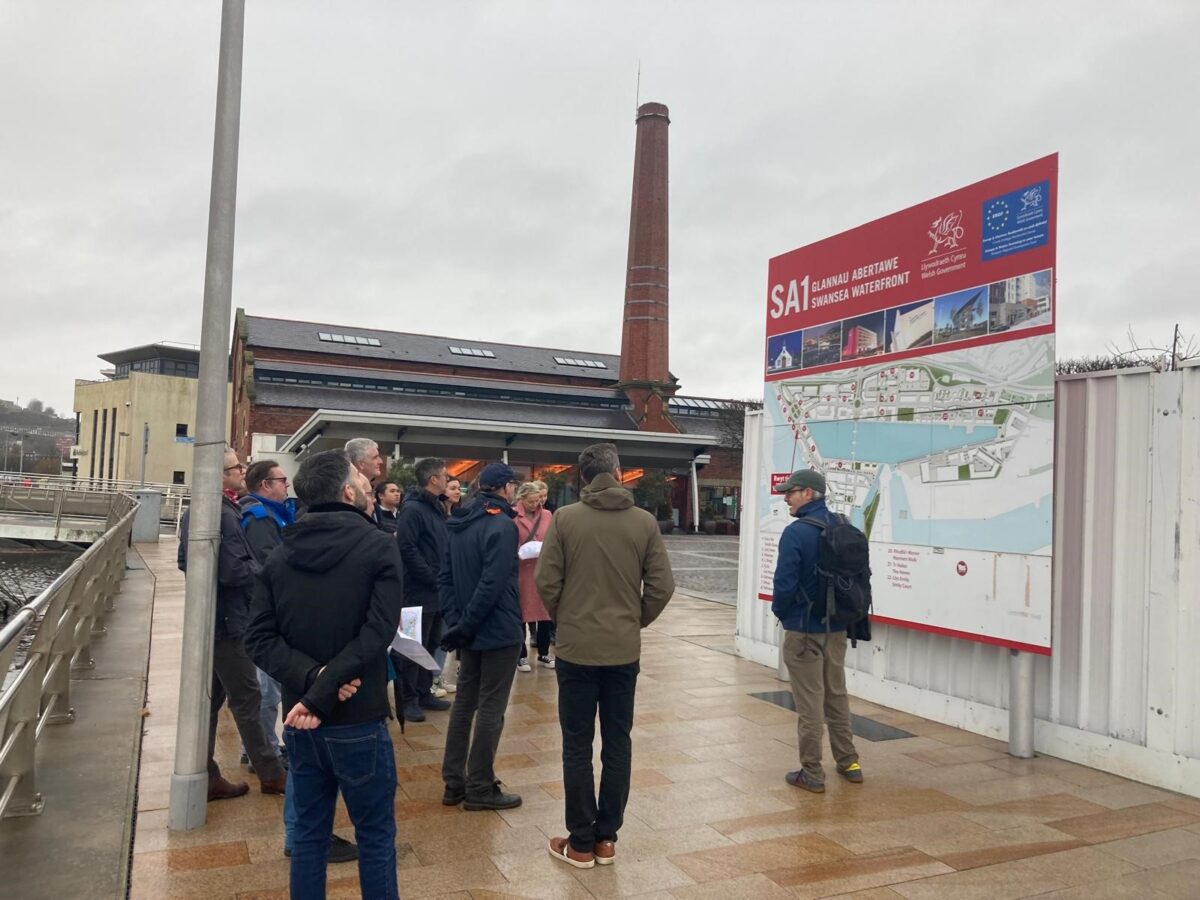
Promoting Placemaking at Planning and Environment Decisions Wales (PEDW)
At PEDW we recognise the role that our Planning Inspectors have in providing a steer to all involved in the planning process, through our decisions and recommendations to the Welsh Ministers. It is a responsibility we take very seriously and we understand that others use our commentary as a guide to future decision making. Therefore, we fully understand the importance of the correct application of policy in relation to individual development proposals and the need for consistent interpretation and support for policies, including those relating to placemaking.
Planning Policy Wales and Future Wales provide a strong foundation for delivering placemaking through decisions in Wales, and these are often reinforced by local development plan policies, supplementary planning guidance and other useful evidence like site appraisals and heritage assessments. We also use our own knowledge and expertise to assess development proposals, which often requires subjective judgement. Therefore, we are committed to continuous professional development in PEDW to ensure our Planning Inspectors have the right skills and expertise to make high quality decisions on behalf of the Welsh Ministers.
At our recent Inspector Group Meeting, we deliberately focussed on the theme of placemaking and explored this in a number of ways. Firstly, we reviewed a number of recent planning appeals where placemaking had been a main issue. In one case, an Inspector had supported the Local Planning Authority’s refusal of a proposal that artificially subdivided a development site and resulted in a failure to deliver a cohesive design for the proposed housing development. In another example, in dismissing the appeal the Planning Inspector found a development did not respond appropriately to the local context and character of the area with the use of inappropriate standard house types for an infill development.
We were joined by DCFW’s Jen Heal who gave a presentation on placemaking principles and also guided a discussion on their recent design guidance for renewable energy projects. Following this, we were fortunate to have placemaking champion, Stephen Smith from City and County of Swansea Council, provide us with a guided tour of Swansea Waterfront which has seen huge transformation in recent years through a mix of commercial and residential developments alongside community and leisure uses. Finally, we visited Swansea High Street’s Urban Village development where Coastal Housing Group have delivered a mixed use development of residential, office space and retailing which has brought new life to an area impacted by high vacancy rates in the heart of Swansea City Centre.

The day reinforced the importance of placemaking and design principles in decision making and was welcomed by all involved. It served as a good reminder of the important role we play in delivering high quality places in Wales as well as preventing those development proposals that undermine placemaking principles.

